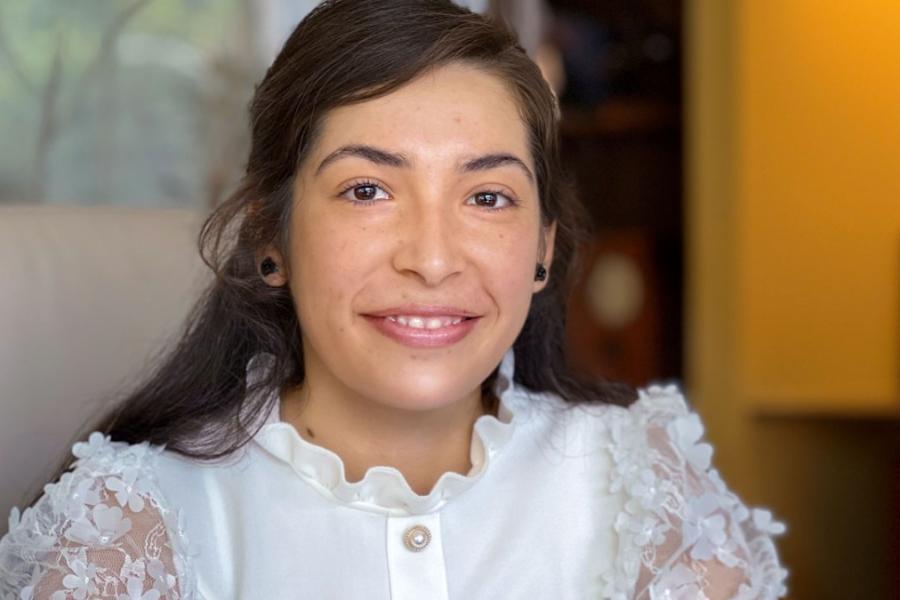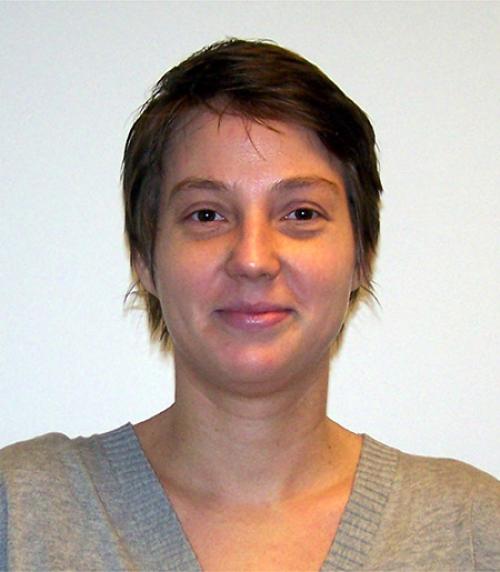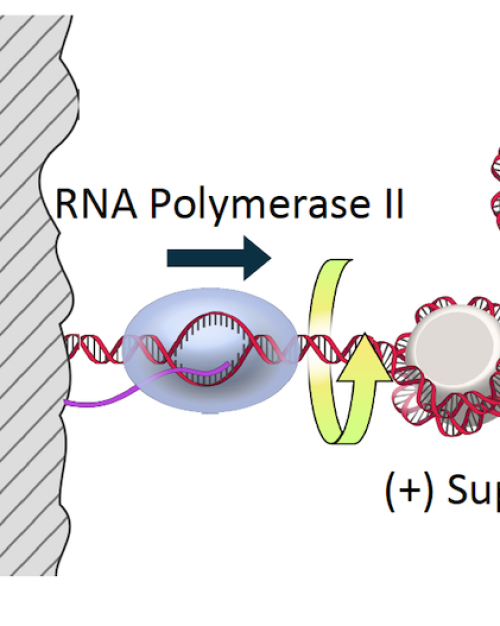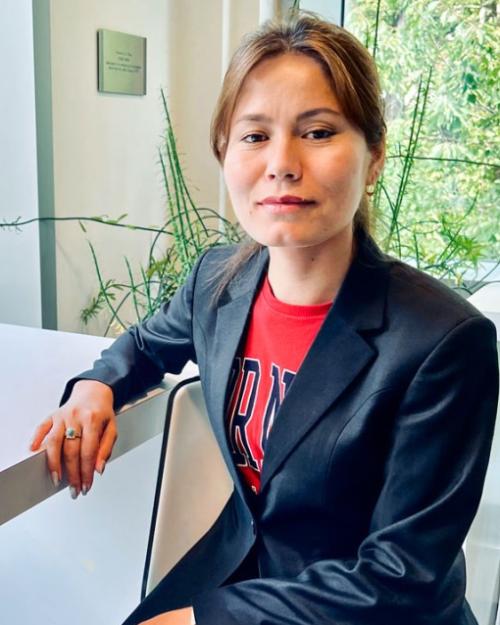A trained midwife in her native Afghanistan, Khadija Monis ’24, dreamed of one day opening a hospital for maternal and child health. Her experiences this last year at Cornell have made that dream more achievable, she said.
“I’m now living in a bigger world, with a different view than the world I was in,” said Monis, who is majoring in interdisciplinary studies in the College of Agriculture and Life Sciences. “I feel stronger, more passionate about life.”
Monis is one of nine Afghan undergraduates from Bangladesh-based Asian University for Women (AUW) who fled their country after the Taliban took control in August 2021, arriving in Ithaca four months later. In July, all nine students were admitted as Cornell students with full financial aid.
“We couldn’t be more proud of these women,” said Nishi Dhupa, associate vice provost for international affairs and executive director of the Mario Einaudi Center for International Studies. Dhupa and Global Cornell have led a robust campus and community collaboration to bring the students to Cornell and support them as they adjust to campus life.
“I’m so impressed by their tenacity and courage,” Dhupa said. “I’m sure there will be hurdles ahead, but these are women who will change the world.”
In 2021, Diana Ayubi ’25 was studying public health at AUW, mainly because the school had no psychology department. Now she is a psychology major in the College of Arts and Sciences. She hopes to become a therapist and help people deal with trauma, a condition she knows firsthand.
“I’m very lucky if I compare myself with others,” she said, citing members of her family in Afghanistan whose mental health is “not good,” and others who are “dying emotionally” in prison. “Many people do not have the opportunities that I have had.”
Shegofa Ibrahimi ’25 was studying finance at AUW. This summer, she was admitted as a second-year student to the hospitality management program in the Cornell Peter and Stephanie Nolan School of Hotel Administration. She knows exactly what she hopes to do with her degree.
“If I have the chance to go back to Afghanistan,” she said, “I will establish a big hotel in central Kabul, and all the personnel will be women. And the men will see that the women can do this.”
Monis, Ayubi, Ibrahimi and the other AUW students weren’t officially enrolled until this semester, but they have lived like Cornell students – staying in dorms, taking English language lessons, sitting in on college classes and working in university labs and libraries. It has been like an eight-month orientation, giving them time to adjust not only to Cornell but also to life in the United States.
Monis learned to drive, swim and ride a bicycle. She also joined a Dragon Boat team and won two medals. “I can’t really say that I feel stable,” she said. “That takes a long time. But I feel better than I did. I feel more grown up, more experienced, with more skills.”
Over the summer the students had the opportunity to use their growing skills and learn more about the community beyond Cornell in six-week summer internships with local nonprofits arranged by Global Cornell and the Ithaca-based Park Foundation. Dhupa and Sue Kittel, senior program officer at the foundation, worked to match the students’ assignments to their academic or professional interests.
Monis and Tamana Ghaznawi ’26 worked with the Ithaca Doula Access Initiative, which provides free support to women before, during and after childbirth. They visited birthing centers, met with midwives and learned about the disparities in maternal mortality rates in the United States. They also shared their knowledge of practices in Afghanistan and Pakistan with their hosts, even preparing foods typically served to new and expecting mothers.
Ibrahimi worked at Alternatives Federal Credit Union, helping update client databases and contributing to other projects. Khurshid Hussainy ’25 interned with the Downtown Ithaca Children’s Center, and Sepehra Azami ’25 worked with the Ithaca City School District’s Farm-to-Table and Literacy Intervention programs.
Four students – Ayubi, Shukria Mirzaie ’26, Simah Gul Sahnosh ’25 and Tamana Ahmadi ’26 – worked directly with Kittel and her Park Foundation colleagues on a study of local mental health resources. They interviewed providers, updated resource lists and identified service gaps and obstacles.
As part of that project, the students described the health delivery systems in Afghanistan, Kittel said.
“The comparisons were striking,” she said. “Access was so much less complicated in their country and the ability to pay for care is not part of the equation. There were many other examples of how we learned about the students’ culture in ways that were enriching and rewarding.”
Ayubi said the internship taught her about the U.S. mental health care system, which will be useful as she pursues her studies. But it also gave her a chance to learn about her adopted hometown. “I love the way people in Ithaca are,” she said. “They are so friendly, so kind. That is a completely new experience for me, and I love it.”
Another thing Ayubi has learned over the last year is that life can be unpredictable.
“It’s been very long journey,” she mused. “I had Plan A and Plan Z came true.”
Jonathan Miller is a freelance writer for Global Cornell.
Read the story in the Cornell Chronicle.





